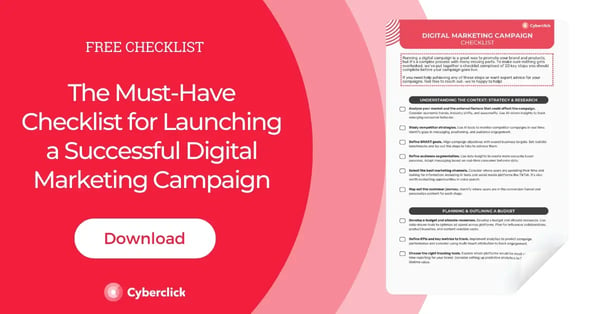Aiming to improve your SEM results? If there’s one essential factor to optimise your account, it’s your Quality Score. This score is the one element that can save your site from ending up in the abandoned landscape of google’s page 2.

Your Quality Score is, quite simply, a metric of the quality of your AdWords ads. Your score along with your keyword bid price determines the position of your ads in your clients search results. Higher quality leads to higher positioning, that’s googles way of awarding the brilliant ads, and creating an environment of ‘survival of the fittest’.
Quality Scores are influenced by your expected CTR, relevance of keywords, and quality of your landing pages.
5 elements to be aware of for a successful quality score
1. Up your CTR
CTR (click through ratio) is a fundamental metric in SEM. As implied, it’s the number of clicks on your ad divided by the number of impressions. It’s a key indicator of user interest in your ad, which is why AdWords uses it as a basis of quality evaluation.
Quickly, you can enter a feedback loop. A low ‘quality’ ad will remain in the later pages, have a falling CTR, and as a result enter a negative feedback loop of lowering the quality score.
The positive feedback loop is where by improving your ad ‘quality’, you push it up the search engine ranking. With a rising CTR your ad scales up the search engine ranking, which again positively influences your quality score.
Here’s how to ensure you enter the positive feedback loop:
- Strategic emphasis. Capitals are a GREAT way to emphasize words, but it’s important to be strategic. Using Capitalization as Used in Titles and Literature is not recommendable. Rather strategically place capitals to highlight keywords (a good example is in URLs).
- Extensions aren’t really optional. Ad extensions are a type of ad format that displays additional information. The more information, the more convincing your ad.
- Call-to-Action. They can give that little extra impulse needed to push the button.
- A/B test. Continuous testing is the is the way to continuous improvement, and long term success.
2. Watch your Keywords
Keywords are the foundation of your AdWords account. Whilst your initial selection of words is important, continuous adjustments are vital.
- Test. Find out which search terms successfully lead to your ads. This way you can include negative keywords, fine tune the concordance or incorporate new options.
- Ad groups. Clearly divide ad groups. The structure of AdWords accounts are simple yet a fundamental element of successful implementation. Subdivide until each ad group is perfectly relevant.
3. Optimize your copies
Here, its important to reemphasis AdGroups. Refine your ad groups division until you achieve maximum consistency between copies and keywords. As always, A/B testing will help you try different combinations until reaching the ideal composition.
Ad relevance also directly feeds into their Quality Score. The texts must achieve a balance between keywords, accurately reflecting what the user will encounter, and appearing asthetically to your users.
Your efforts dont stop once your best ad is finally ‘on fire’. To keep the flame going, periodical care and adjusting is necessary.
4. Consistency through to your Landing Pages
Ads talk the talk - now prove you can walk the walk. Quality Score is influenced by the quality of the user experience once arrived on site. Impress them with your page loading speed, an intuitive layout, and above all make sure all expectations of the user are met. Make key words that lead to specific landing pages easy to spot, and ensure consistency with page and ads.
Providing quality experiences on your landing pages will not only enhance your Quality Score, but will also ensure you gain conversions. Each customer acquisition is pricy, you want a high ROI, not a high bounce rate.
5. Incremental improvements towards excellence
Google has a data book which generates a ‘reputation’ for your ads and site. When you change all other variables, like for example restructuring or deleting keywords and ad groups, your reputation remains, and will continue to impact your Quality Score.
A strong reputation, like all good things, takes time to build. Regularily maintain your account, making incremental improvements. Remeber, just because something isnt broken, doesn’t mean it cant be fixed. Only through consitstent adjustments can you reach and maintain and optimum quality score.





Leave your comment and join the conversation